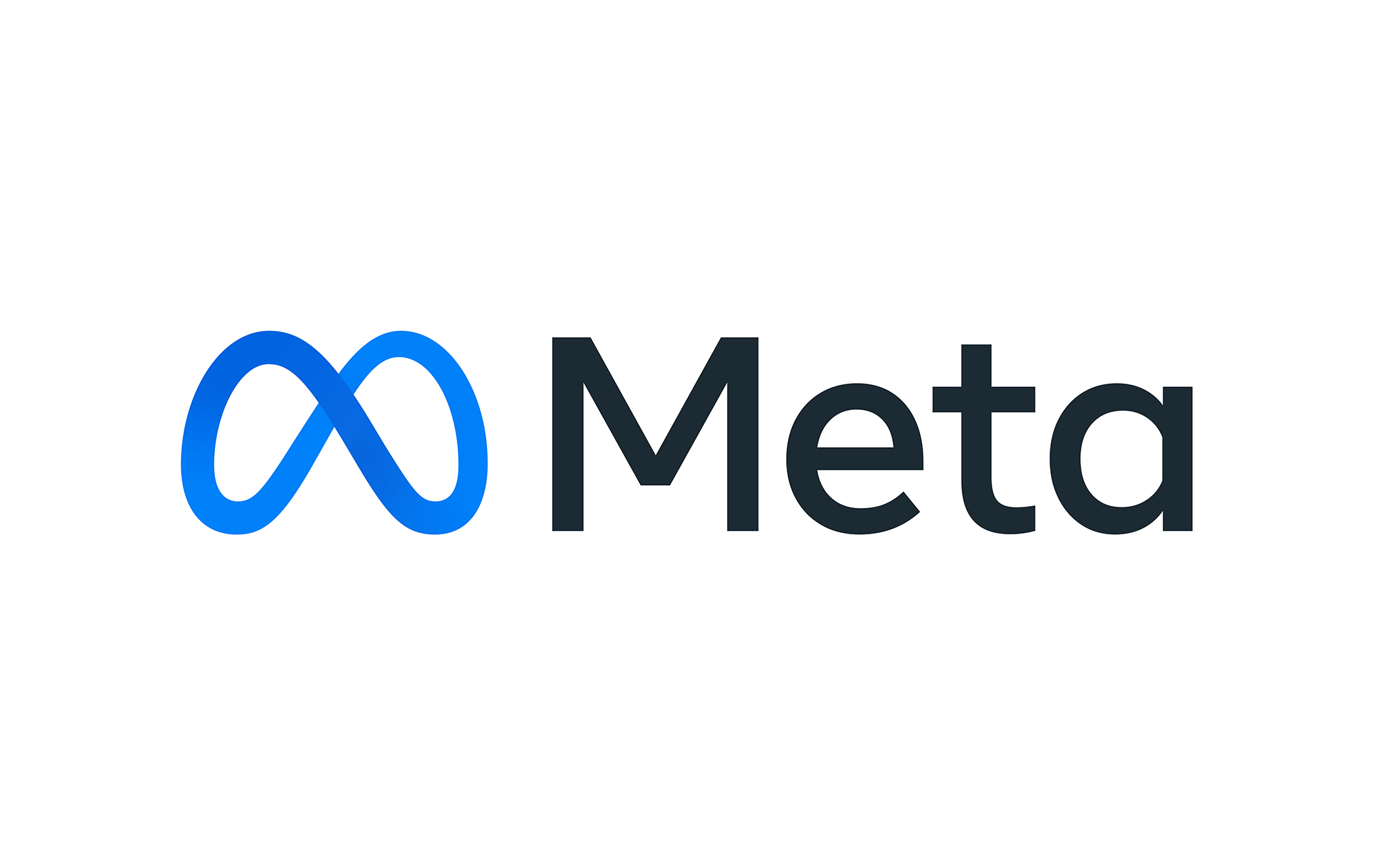In Nigeria and across the globe, crises rarely announce themselves. They strike suddenly through regulatory shifts, cyber threats, misinformation, or natural disasters forcing a nation conditioned to react rather than prepare to scramble in chaos.
Buckets in hand, we rush to contain fires that could have been prevented. But what if this cycle could change? What if Nigerian PR professionals led the way, transforming crisis management from a reactive scramble into a proactive strategy capable of protecting lives, reputations, and even the nation’s image?
Government and Regulatory Challenges
Communications strategist Godfrey Adejumoh notes that handling crises involving government and regulatory agencies is among the toughest tasks for PR professionals. “No matter an organization’s size or its contributions to the economy, with government, you cannot win in this clime,” he said.
Adejumoh emphasizes that mastering the power of headlines and understanding their influence on public perception and investor confidence is essential—not just for organizations, but for the nation’s credibility.
An industry expert who chosed to remain anonymous, reflected on global lessons, highlighting how leaders like Bernie Sanders and Jeremy Corbyn warned of public health crises long before Covid-19 hit.
The expert pointed out that, much like historical prophets, early warnings often go ignored, leaving societies scrambling when crises strike. He stressed that Nigeria must treat crisis preparedness as a national security issue investing in planning ahead of emergencies is far cheaper and more effective than reacting afterward.
Learning from Global Best Practices
Mabel Adeteye, Head of Brand & Marketing Communications at Wema Bank, emphasised that continuous learning equips PR professionals to anticipate crises. “Crisis management is not just about reacting; it is about proactively identifying risks, aligning communication with brand values, and adapting to evolving audiences,” she said.
Following global best practices gives Nigerian PR practitioners the tools to lead conversations, manage media pressure, and protect both brand and national reputation.
Embedding Preparedness into the Nation’s DNA
Yomi Badejo-Okunsanya, Lead Partner at CMC Connect LLP, advocates making crisis management a national standard. “The pandemic showed us how unprepared we can be.
Crisis management should be integrated into every organization so that when crises occur, there’s a plan ready to respond,” he said, referencing his agency’s historic handling of the Bellview Airlines aftermath and the launch of a dedicated Crisis Management service.
Four Golden Rules of Crisis Response
Rotimi Bankole, CEO of SBI Media, highlights practical tools for organizations: “Be the first to know, be the first to talk, be truthful as possible, and be the last to talk.” Bankole underscores that communication is the most potent tool for diffusing tension, shaping opinions, and restoring confidence. By forecasting risks, controlling messaging, being transparent, and following up strategically, PR professionals can maintain control over narratives even under intense scrutiny.
Speed, Precision, and Transparency
Segun McMedal, President & CEO of Upticomm Marketing Company, stresses that digital crises demand rapid, precise, and transparent responses. “A single tweet can spark a global stir.
Being present, accurate, and prepared is no longer optional—it’s mandatory,” he said, emphasizing that trust is built on honesty and timeliness.
With foresight, transparency, and strategic planning, Nigerian PR professionals can transform the nation’s crisis management story.
By embedding preparedness into national and organizational culture, adopting global best practices, and leading the conversation before storms strike, PR becomes not just a reactive tool, but a strategic force capable of safeguarding the nation and repositioning Nigeria on the global stage.






Comment
No comments found.